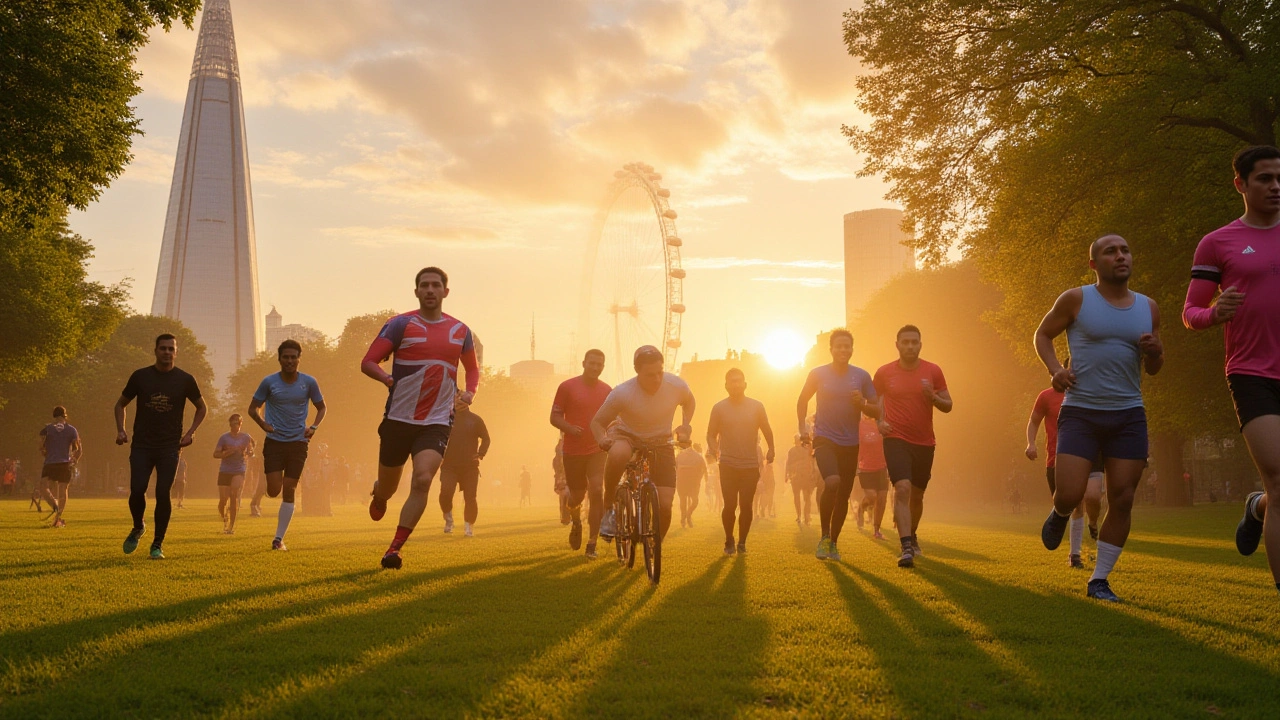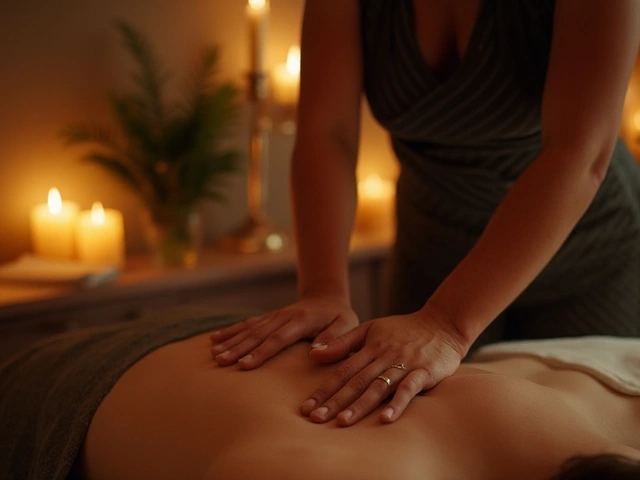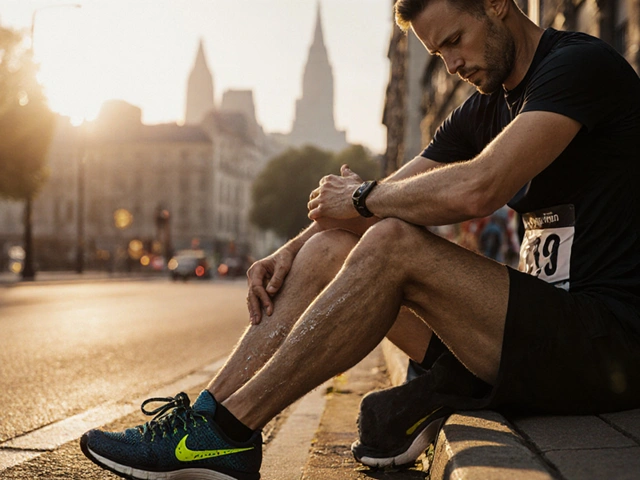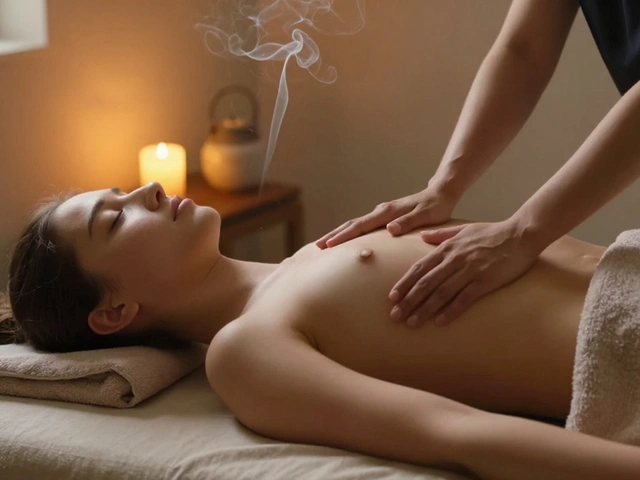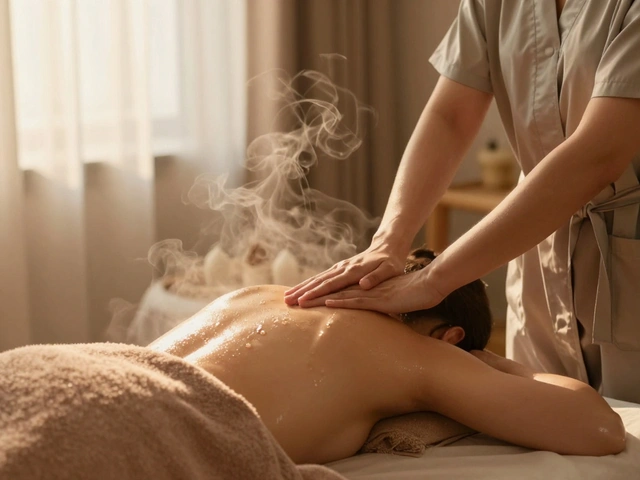Recovery Massage in London – Your Guide to Faster Healing
If you’ve just finished a tough workout, an operation, or you’re nursing a nagging ache, a good recovery massage can be the shortcut you need. Think of it as a reset button for sore muscles, scar tissue, and tight joints. In London, you’ve got a solid mix of specialists who know how to blend deep‑tissue pressure with gentle stretches to kick‑start the healing process. Below you’ll find practical advice you can use right now, whether you’re booking a session tomorrow or planning a regular routine.
Why Recovery Massage Works
First off, massage isn’t just a luxury – it’s a proven way to move blood, reduce inflammation, and break down adhesions that form after surgery or intense training. When a therapist applies focused pressure, they trigger the body’s own repair mechanisms, releasing endorphins that calm pain and stress. The result? Faster tissue regeneration, less swelling, and a clearer mind. One of our readers tried a deep‑tissue session after a knee operation and reported less stiffness within a week. That’s the kind of real‑world boost you can expect.
Different styles target different problems. Deep tissue massage is the go‑to for post‑surgery scar tissue; it works by applying firm strokes that reach the deeper muscle layers. Sports massage, on the other hand, combines stretching, trigger‑point work, and brief, high‑pressure bursts to help athletes recover between training sessions. And if you’re looking for a gentle, whole‑body approach, a hot‑stone session can increase circulation while relaxing tight muscles. The key is matching the technique to your specific recovery stage.
Choosing the Right Therapist in London
London’s massage scene is huge, so pick someone who understands your health background. Look for therapists who mention post‑surgery or sports recovery in their bios, and don’t be shy about asking about their training. A qualified practitioner will ask you about recent injuries, medications, and any medical advice you’ve received. That conversation helps them tailor the pressure, avoid risky areas, and keep the session safe.
Booking tips: start with a 60‑minute appointment to give the therapist enough time to assess and treat. If you’re on a budget, many clinics offer a “recovery package” – three sessions at a reduced rate. Check reviews for cleanliness and professionalism; a clean space and clear communication are signs of a trustworthy service. And always confirm the therapist’s insurance – it’s a small step that protects you if anything unexpected happens.
Once you’re in the session, communicate openly. If the pressure feels too intense, say so. If a spot feels sore after the massage, note it for future visits. Good therapists will adjust on the fly and give you after‑care advice, like gentle stretches or staying hydrated. Those simple follow‑up actions can double the benefits you get from the hour you spent on the table.
Remember, recovery massage isn’t a one‑off miracle. Consistency matters. For post‑surgery patients, aim for a session every week or two during the first month, then taper as you feel stronger. Athletes might need a quick 30‑minute sports massage after every heavy training day, or a deeper session after a competition. Listening to your body and adjusting the frequency will keep you moving forward without setbacks.
Bottom line: a well‑chosen recovery massage can shave weeks off your healing timeline, ease pain, and get you back to the activities you love. London offers plenty of skilled hands – just follow the tips above, ask the right questions, and enjoy the relief that comes with each session.
Discover how sports massage in London can boost athletic performance, speed up recovery, and prevent injury. Real tips and local insights for athletes.
Read More